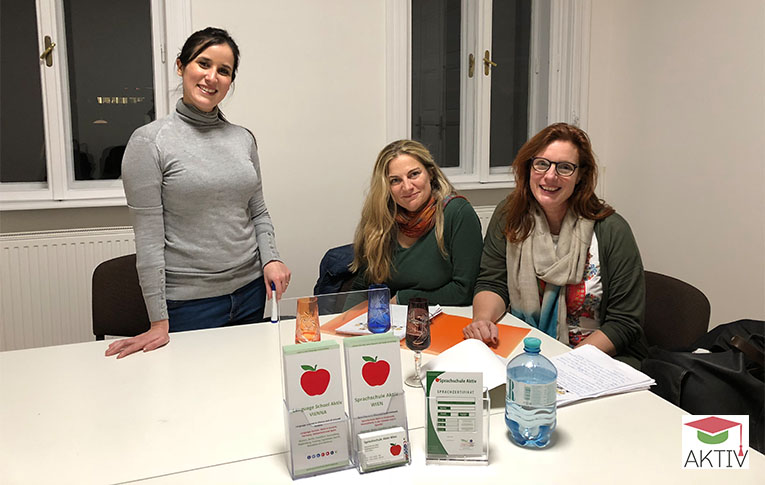“Als” or “Wie”? In Which Situations Is Each Comparison Used?
If you want to express a comparison, you use either of two words in German: “als” or “wie”. The two terms cannot be understood as synonyms and they are used in different contexts.
Als
Usage when comparing two things/events that happened in different times:
“Als ich jung war, hatte ich kurze Haare.”
Here “als” indicates for what time the comparison is used.
Usage when comparing two things/actions/people:
“Mike läuft schneller als sein Bruder Tim.”
Question about the comparison: “Mike läuft schneller als wer?”
Answer: “Er läuft schneller als Tim.”
“Als” can be used to compare how an action is performed. Besser, schlechter, schneller.
“Tim ist größer als Mike.”
Question about the comparison: “Tim ist größer als wer?”
Answer: “Er ist größer als Mike.”
In this example, no action is compared, but a state: height.
Note: “Als” can for example also be used to state your opinion judging something, or to compare distances:
“Ich finde Kino besser als Fernsehen.” or “Nach Köln ist es weiter als nach Hamburg.”
Wie
“Wie” is a word used in questions, like “Wie geht es dir?” or “Wie komme ich zum Bahnhof?”
But it can also be used for comparison: “Tim ist genauso groß wie Mike. ”
This sentence thus establishes an equality. It means the same as the sentence: “Tim und Mike sind gleich groß.”
Linguistically, however, there is a difference. While the first variant wants to emphasize that Tim is not smaller than Mike, the second sentence objectively states that there is no size difference between Tim and Mike.
Note: “Wie” is used when two things are the same. In everyday language there are words that demand the use of “wie”:
genauso…wie
ebenso…wie
Marker words for “als” would be for example:
…lieber als….
…besser als…
Mathematically, the difference can be understood as:
when a > b => als
when a = b => wie
Common mistakes:
Unfortunately, mistakes keep sneaking in, even among native speakers. A particularly common mistake is the usage of both words at the same time, like in this sentence here:
“Ich mag die Soße lieber mit Pilzen als wie wenn da Fleisch drin wäre.”
(Here” wie “is taken as an introduction to an example. Wrong sentences = demonstrative pronoun representative of the wrong sentence => wie)
The “wie” here is wrong. Marker word: “lieber” requires “als”.
Correction
“Ich mag die Soße lieber mit Pilzen als mit Fleisch.”
Note: such sentence constructions arise due to dialects. In the spoken version, the grammatical mistake could be accepted because it belongs to the dialect.
Summary:
If you want to compare two things / people / situations / places, use “als”. In English this corresponds to the word “than”:
“Tim is taller than Mike.”
If you want to say that two things are not different, or that one thing is almost identical to another, use “wie”. In English there is no word in the sense, but sentence constructions like “as much as” share a very similar, if not the same meaning:
“I love cinema as much as I enjoy watching television.” → “Ich finde Kino genauso gut wie Fernsehen.”
Also “like” is used similarly to “wie”:
“I hate rain like you do.” → “Ich hasse Regen genauso wie du.”
Conclusion
It becomes easy to remember the difference by time. You will start to intuitively use the correct word.
Wenn ihr weiter fleißig lernt, werdet ihr bald besser sein, als eure Mitschüler.
Denn Deutsch lernen ist genauso einfach wie Fahrradfahren. Seht ihr?













